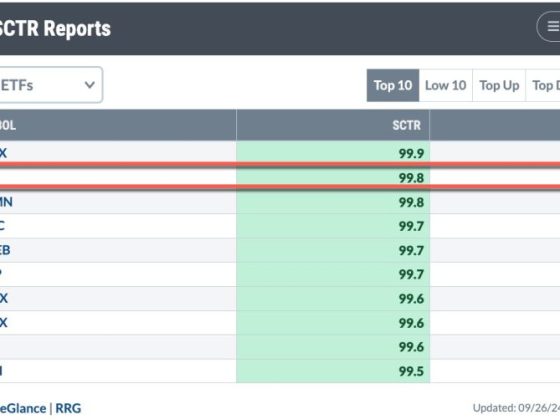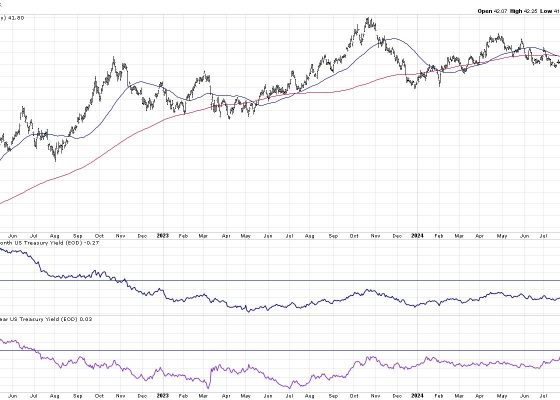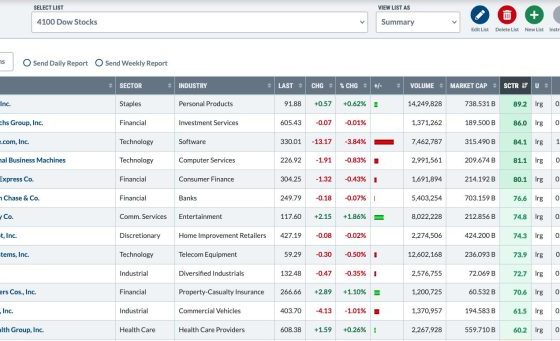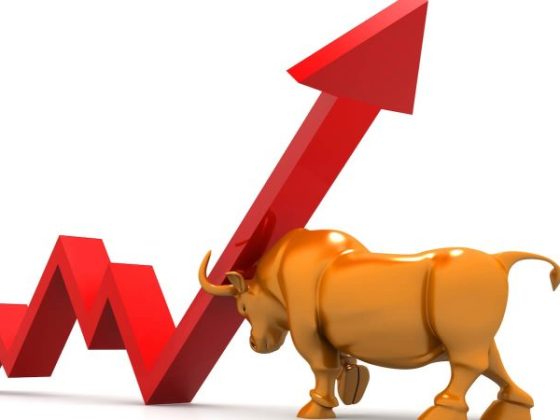The Chinese government’s recent decision to stimulate its economy has prompted a marked increase in both commodity and stock prices worldwide. However, there is speculation surrounding whether or not the energy initiated by these actions will ultimately subside, and if so, what ramifications this could have on the economy at scale.
Economic analysts worldwide observed a notable uptick in stock and commodity prices, particularly in the sectors of oil, gas, and metals. These developments have been directly attributed to the Chinese government’s strategy of injecting substantial stimulus packages into the economy in an attempt to counteract the economic slowdown. As of one of the leading consumers of energy and commodities globally, China’s strategy to boost its economic growth significantly influences global commodity and stock markets.
Interestingly, the mining sector has experienced a particularly gratifying period owing to the stimulus. China’s extensive use of metals like iron ore and coal in its manufacturing and energy industry mechanisms has boosted demand dramatically. As a consequence, stock prices have surged for companies involved in the excavation and production of these precious commodities and metals.
Apart from the mining sector, energy stocks too have experienced a welcome elevation, largely credited to China’s extensive energy demands. The recent focus on renewable energy, for instance, has sparked a flurry of investments in firms focusing on developing efficient and clean energy systems.
However, questions loom large regarding the sustainability of this stimulated energy. The efficacy of such stimulus-driven growth models has always been met with an ambivalence from certain factions within the economic fraternity. While a stimulus-enriched economy can drive significant short-term growth, it has the potential to mask underlying issues in the long run.
One main concern is the escalating debt levels that usually come with heavy stimulus measures. High levels of borrowing could perpetuate a debt crisis if not managed prudently. This, coupled with China’s already-existing concerns about slow economic growth, creates a challenging situation for the Chinese economy.
Aside from this, from a global perspective, a rise or fall in China’s economy resonates worldwide due to the country’s position as a global economic linchpin. Dependency on China’s demands for resources could leave many economies vulnerable should China’s stimulus-driven boom falter.
The consistency of demand for commodities and the stability of stock prices is another area of concern. In an artificial surge fueled by a government stimulus, the real growth in demand might not necessarily be as stable or sustainable. Given China’s massive manufacturing and energy industries, a drop in stocks and commodities might have a ricochet effect on the global markets.
In conclusion, China’s stimulus has indeed energized stocks and commodities, in the short run at least. The longevity of this energy, however, remains under scrutiny as the world observes China’s efforts directed towards surmounting economic slowdown and steering towards sustained growth.











